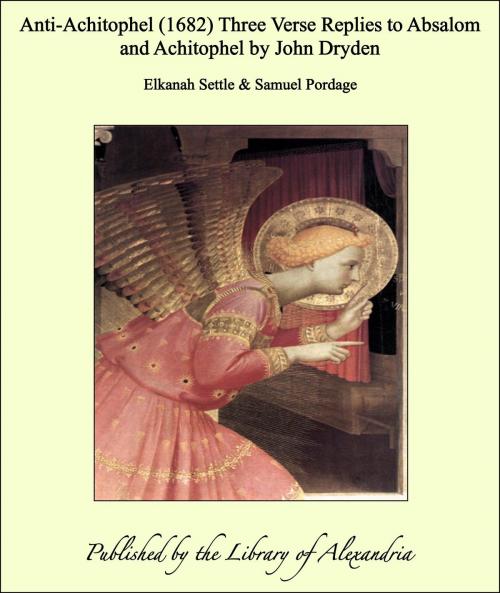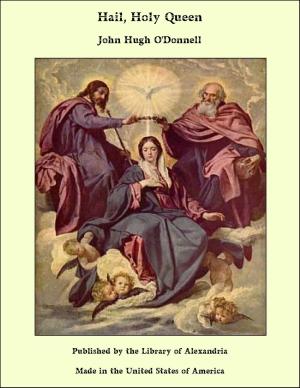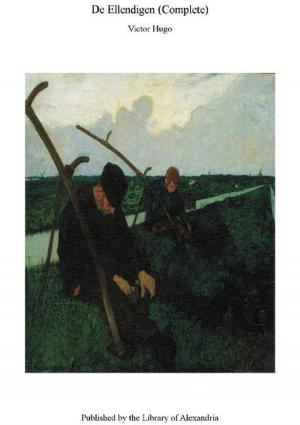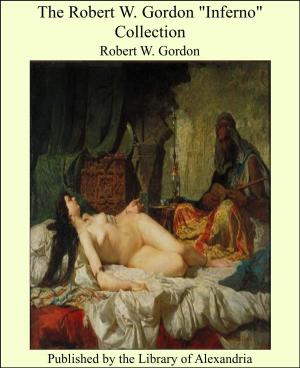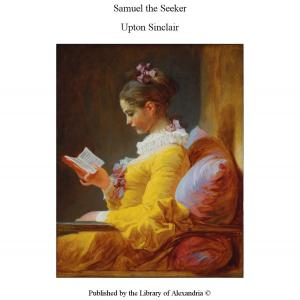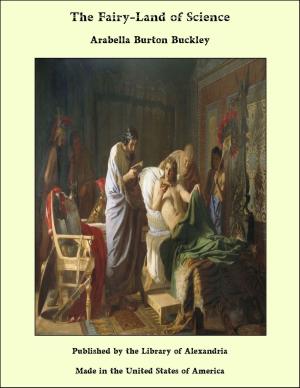Anti-Achitophel (1682) Three Verse Replies to Absalom and Achitophel by John Dryden
Nonfiction, Religion & Spirituality, New Age, History, Fiction & Literature| Author: | Elkanah Settle | ISBN: | 9781465555472 |
| Publisher: | Library of Alexandria | Publication: | March 8, 2015 |
| Imprint: | Language: | English |
| Author: | Elkanah Settle |
| ISBN: | 9781465555472 |
| Publisher: | Library of Alexandria |
| Publication: | March 8, 2015 |
| Imprint: | |
| Language: | English |
English verse allegory, humorous or serious, political or moral, has deep roots; a reprint such as the present is clearly no place for a discussion of the subject at large:1 it need only be recalled here that to the age that produced The Pilgrim's Progress the art form was not new. Throughout his life Dryden had his enemies, Prior and Montague in their satire of The Hind and the Panther, for example. The general circumstances under which Dryden wrote Absalom and Achitophel, familiar enough and easily accessible, are therefore recalled only briefly below. Information is likewise readily available on his use of Biblical allegory.2 We are here concerned with three representative replies to Absalom and Achitophel: their form, their authors, and details of their publication. Settle's poem was reprinted with one slight alteration a year after its first appearance; the Reflections has since been reprinted in part, Pordage's poem not at all. Absalom Senior has been chosen because, of the many verse pieces directed against Dryden's poem, it is of the greatest intrinsic merit and shows the reverse side of the medal, as it were, to that piece; the second is given, not for any literary merit it may possess--indeed, from its first appearance it has been dismissed as of small worth--but rather as a poem representative of much of the versifying that followed hard on the Popish Plot and as one that has inspired great speculation as to its author; the third, in addition to throwing light on the others, is a typical specimen of the lesser work produced in the Absalom dispute. The author and precise publication date of the Reflections remain unidentified. Ascription of the poem to Buckingham rests ultimately on the authority of Wood's Athenae Oxonienses and on Wood alone, and we do not know on what evidence he thought it to be Buckingham's; we do know, however, that Wood was often mistaken over such matters. Sir Walter Scott in his collected edition of Dryden (1808; IX, 272-5) also accepted Buckingham as the author, but cited no authority; he printed extracts, yet the shortcomings of his edition, whatever its convenience, are well known. The poem has not appeared in any subsequent edition of Dryden's poems, the latest being the iv four volume set (Oxford, 1958); the volume of the California Dryden relevant to Absalom is still awaited.A Internal evidence is even more scanty. Only one passage of the Reflections (sig. D2) may bear on the matter. Perhaps the "Three-fold Might" (p. 7, line 11) refers, not to the poet's "tripartite design" (p. 7, line 10) or to the Triple Alliance of England, Holland, and Sweden against France (1677/8, as in Absalom and Achitophel, line 175) but either to a treatise which had occasioned some stir in the scientific world some twenty years previously: "the Delphic problem" proposed by Hobbes to the Royal Society on the duplication of the cube, which might have come to the ears of Buckingham as well as to those of the court,3 or perhaps to the triple confederacy of Essex, Halifax, and Sunderland.4 But to the Restoration reader the phrase "Three-fold Might" would rather have suggested the Triple Alliance, to which Dryden reverts in The Medal (lines 65-68) when he claims that Shaftesbury, "thus fram'd for ill, ... loos'd our Triple Hold" on Europe.5 Evidence against Buckingham's authorship, on the other hand, is comparatively strong. The piece does not appear in his collected Works (1704-5). It surely would have been included even though he had at first wished to claim any credit from its publication and later have wished to disown it. Little connection, furthermore, will be found between the Reflections and the rest of his published verse or with the plays, including The Rehearsal, if the latter be his alone, which is doubtful
English verse allegory, humorous or serious, political or moral, has deep roots; a reprint such as the present is clearly no place for a discussion of the subject at large:1 it need only be recalled here that to the age that produced The Pilgrim's Progress the art form was not new. Throughout his life Dryden had his enemies, Prior and Montague in their satire of The Hind and the Panther, for example. The general circumstances under which Dryden wrote Absalom and Achitophel, familiar enough and easily accessible, are therefore recalled only briefly below. Information is likewise readily available on his use of Biblical allegory.2 We are here concerned with three representative replies to Absalom and Achitophel: their form, their authors, and details of their publication. Settle's poem was reprinted with one slight alteration a year after its first appearance; the Reflections has since been reprinted in part, Pordage's poem not at all. Absalom Senior has been chosen because, of the many verse pieces directed against Dryden's poem, it is of the greatest intrinsic merit and shows the reverse side of the medal, as it were, to that piece; the second is given, not for any literary merit it may possess--indeed, from its first appearance it has been dismissed as of small worth--but rather as a poem representative of much of the versifying that followed hard on the Popish Plot and as one that has inspired great speculation as to its author; the third, in addition to throwing light on the others, is a typical specimen of the lesser work produced in the Absalom dispute. The author and precise publication date of the Reflections remain unidentified. Ascription of the poem to Buckingham rests ultimately on the authority of Wood's Athenae Oxonienses and on Wood alone, and we do not know on what evidence he thought it to be Buckingham's; we do know, however, that Wood was often mistaken over such matters. Sir Walter Scott in his collected edition of Dryden (1808; IX, 272-5) also accepted Buckingham as the author, but cited no authority; he printed extracts, yet the shortcomings of his edition, whatever its convenience, are well known. The poem has not appeared in any subsequent edition of Dryden's poems, the latest being the iv four volume set (Oxford, 1958); the volume of the California Dryden relevant to Absalom is still awaited.A Internal evidence is even more scanty. Only one passage of the Reflections (sig. D2) may bear on the matter. Perhaps the "Three-fold Might" (p. 7, line 11) refers, not to the poet's "tripartite design" (p. 7, line 10) or to the Triple Alliance of England, Holland, and Sweden against France (1677/8, as in Absalom and Achitophel, line 175) but either to a treatise which had occasioned some stir in the scientific world some twenty years previously: "the Delphic problem" proposed by Hobbes to the Royal Society on the duplication of the cube, which might have come to the ears of Buckingham as well as to those of the court,3 or perhaps to the triple confederacy of Essex, Halifax, and Sunderland.4 But to the Restoration reader the phrase "Three-fold Might" would rather have suggested the Triple Alliance, to which Dryden reverts in The Medal (lines 65-68) when he claims that Shaftesbury, "thus fram'd for ill, ... loos'd our Triple Hold" on Europe.5 Evidence against Buckingham's authorship, on the other hand, is comparatively strong. The piece does not appear in his collected Works (1704-5). It surely would have been included even though he had at first wished to claim any credit from its publication and later have wished to disown it. Little connection, furthermore, will be found between the Reflections and the rest of his published verse or with the plays, including The Rehearsal, if the latter be his alone, which is doubtful
